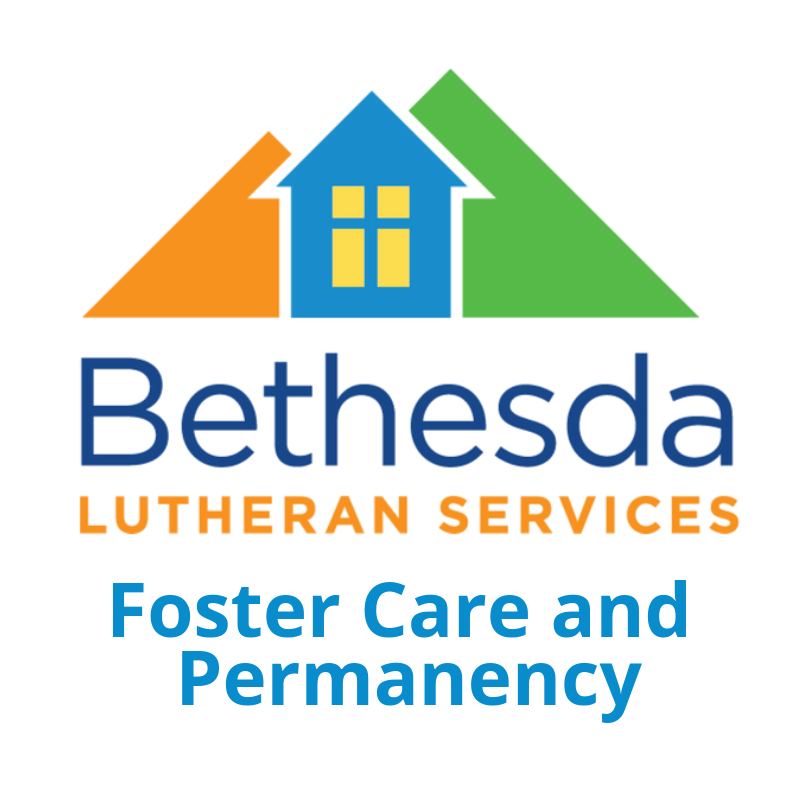Becoming a Foster Parent
Foster care is a protective service to children and their families when families can no longer care for their children. There are many reasons and circumstances that make it difficult for biological families to meet the needs of their children, which include poverty, substance abuse, mental illness, homelessness, loss of a job or lack of support from extended family and community.
In foster care, the children are provided with a safe, nurturing, loving family for a temporary period of time. There are many types of foster care, including traditional care, emergency/shelter care, medical/therapeutic care, relative/kinship care, respite/short-term care and tribal care. However, foster parenting is not a lifetime commitment to a child and his or her family, but a commitment to be meaningful in the child and family’s lifetime.
WHAT FOSTER CARE IS:
- a chance to make the world a better place -- one child at a time
- one of the most challenging experiences you will have in your life
- one of the most rewarding opportunities you will ever volunteer for
WHAT FOSTER CARE IS NOT:
- it is not simple: emotionally, socially or in terms of your time
- it is not something you do for yourself - it's about the child
- it is not a way to make money
How to Become a Foster Family:
All types of foster parents are needed in every part of our country. Being a successful foster parent is hard work and it requires opening yourself and your home. Yet, foster parenting can be the most gratifying work you will ever consider. The heart of it, of course, is working with children and their families. Foster care also involves partnering with social workers, schools and community resources to meet an infant, child or young person’s needs. All types of people make good foster parents as we all have our own special talents, but keep in mind that foster parenting is not for everyone. If your family is thinking of foster care, contact an agency near you, and begin the discussion.
Foster Parent Qualifications:
The key qualification is being able to meet the physical, emotional and developmental needs of a child. Foster care agencies are able to help you evaluate whether this is something you might be able to do. They do this through a process that helps you and the agency evaluate your capabilities. In addition, most agencies would expect that you meet the following:
- Provide 24-hour care and supervision on a daily basis
- Be able to care for yourself financially without the child’s stipend
- Be flexible, patient and understanding
- Have a sense of humor
- Have a home free of fire and safety hazards
- Complete a criminal/protective services background check
- Have the ability to work as a member of a team
- Both single and dual-parent families make great foster parents. Most states and regions also welcome same-sex partners as foster parents.

